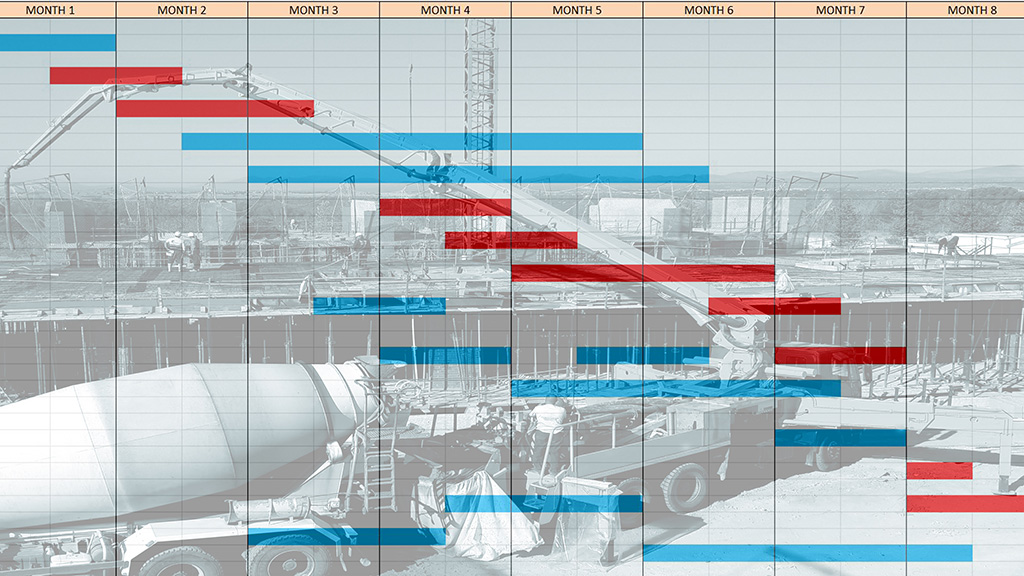The federal government’s decision to remove GST on the construction of new rental apartment buildings is game-changing for the whole industry says the leader of Dream Unlimited after his firm promptly announced it was moving on 5,000 new purpose-built rental apartment units in Ottawa, Saskatoon, Calgary and Toronto.
Given rising construction and borrowing costs, the math was not adding up to green-light those projects, said president Michael Cooper. Now it does.
“With the Ottawa projects that were ready to go, we actually could have started them a little earlier if we could make the math work. They are totally shovel ready. But between interest rates and lending requirements, like the underwriting from the lenders, we couldn’t make a go of it,” said Cooper.
“As soon as they announced the GST, the HST, both provincial and federal, were going to be waived, it improves the underwriting for the debt. And with that, we were able to commit to building those two buildings.”
The elimination of the GST on new rental apartment buildings was effective Sept. 14. The removal will be by way of an enhanced GST/HST rental rebate.
Ontario immediately followed suit by reducing its sales tax on the same projects. Currently, the Ontario HST rate is 13 per cent, made up of an eight per cent provincial sales tax and a five per cent federal tax.

Before the announcement, Dream was stalling on the high-profile Lebreton Flats project in Ottawa it is developing with the Multifaith Housing Initiative.
Located on the Library Parcel of the site, the net-zero, mixed-income community includes 608 rental units, 41 per cent of which will be dedicated as affordable.
Suzanne Le, executive director of the Multifaith Housing Initiative, said in a statement, “These partnerships are essential to scale the delivery of affordable housing and to strengthen capacity in the non-profit sector in our country.”
Cooper said the GST/HST exemption was the “tipping point” for the LeBreton Flats project.
“What happens is, if you’re a not-for-profit, you’re entitled to various programs like grants, or forgivable loans, that a for-profit isn’t entitled to,” he explained. “We’ve been working with Multifaith, who have done a great job getting all of that lined up.
“Separately, we had to work on the financing for the private sector component. So that took a while, that slowed us down a bit. And then what happened was interest rates going up, the project fundamentals were weak and we couldn’t start.
“The GST being waived made it possible to start just like that.”
Dream LeBreton will be Canada’s largest residential zero-carbon development, using wastewater energy and solar power-generating systems. The design concept also incorporates LEED Gold standards for energy efficiency and sustainability.
In the next six months, Dream will be advancing 1,010 total units in Ottawa, of which 43 per cent will be dedicated as affordable, and the firm will move on 340 units in Saskatoon. By 2025, Dream will be able to advance another 3,700 units across Ottawa, Toronto, Calgary and Saskatoon.
The news has not been all positive lately for developer, Cooper said, pointing to a recent announcement that 10-year bonds have gone up 30 basis points.
“That creates another issue,” he said. “You know, the rest of the market doesn’t stay still. So anything that can be done to reduce interest rates is really important to contributing to lessening the housing crisis.”
Cooper said the GST/HST initiative has to be just the start if the nation, provinces and cities are to meet their long-term housing goals.
The federal government and the Province of Ontario have abandoned taking the role of public developer over the past 30 years and that is one place to start, he suggested.
“We’re going to have to have this policy and others and continually coming up with ways that make it possible for for-profit businesses to build housing, but also for nonprofit housing to be built as well,” he said.
In his calculations, the costs will be enormous, so the various governments have to be prepared to open up their wallets in addition to policy initiatives such as waiving development charges and engaging in creating financing through the CMHC. The federal government aims to create an additional 800,000 units by 2030, he noted.
“You know, that’s $600-, $700 billion. Canada’s total debt is $1.1 trillion,” said Cooper. “This is a big hole that we have to dig ourselves out of.”
Follow the author on Twitter @DonWall_DCN.











Recent Comments
comments for this post are closed